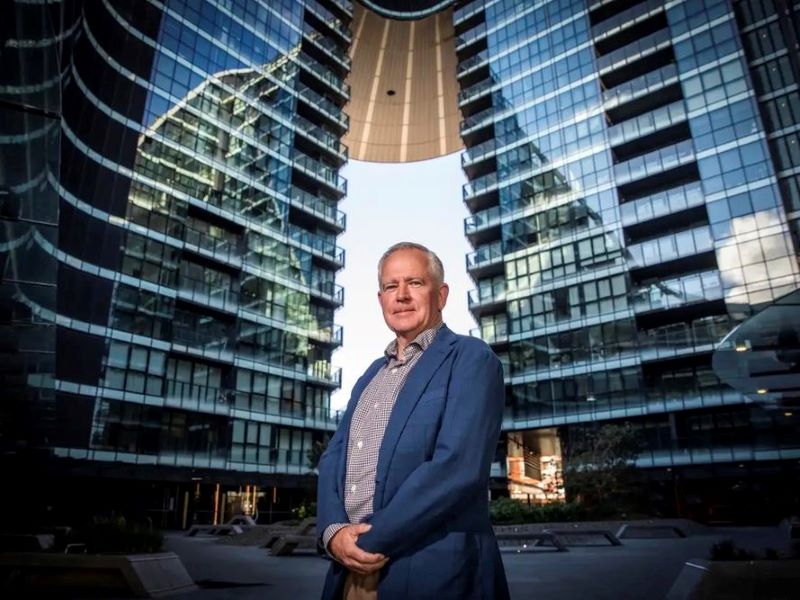A startup that uses a plastic-eating enzyme to make material “infinitely recyclable” has raised $54 million a year after being spun out of the Australian National University. Samsara Eco is using the raise to expand its team, develop its library of plastic-digesting enzymes, and fund the company’s first commercial facility.
Announced on Wednesday, the $54 million series A attracted new investors to join early investor Woolworths, which plans to launch its first enzymatically recycled packaging in supermarkets next year.

Samsara Eco was launched in September 2021 as a partnership between the ANU and CSIRO’s Main Sequence Ventures and aims to solve the planet’s plastic crisis through infinite recycling.
Based on ANU research, Samsara Eco has created super enzymes which can break waste plastic back down to its core molecules, no matter what shape or colour it is. These core plastic molecules can then be used by manufacturers to make brand new items.
The company is a finalist in the Energy and Renewables category of the InnovationAus Awards for Excellence 2022. The Awards will be presented at a black-tie gala at The Cutaway in Barangaroo, Sydney.
It was initially supported by a grant from the Advanced Manufacturing Growth Centre’s Commercialisation Fund to develop its process, with Woolworths’ investment arm W23, the Clean Energy Finance Corporation, and Main Sequence Ventures joining an initial raise of $6 million in March.
Breakthrough Victoria – the company managing the state government’s $2 billion innovation fund – as well as Temasek, Assembly Climate Capital, DCVC and INP Capital have joined in the $54 million series A.
The large raise will go towards growing the company’s engineering team, developing its library of plastic-eating enzymes and fund its first commercial facility which will facilitate “the infinite recycling” of 20,000 tonnes of plastic from 2024.
Samsara Eco is also looking into expanding its operations into Europe and North America in response to growing recycling demand.
“Every minute of the day, the equivalent of a garbage truck full of plastic ends up in our oceans. By 2050, the volume of plastic by weight will exceed fish in the sea,” said Samsara Eco founder and chief executive Paul Riley.
“We’ve had fantastic growth so far, but the plastic problem is growing faster. Access to this funding will enable us to accelerate the capabilities of infinite recycling and scale our technology which breaks down plastics in minutes, not centuries.”
The company is working with Woolworths on its first commercial application, enzymatically recycled packaging, set to be launched in Woolworths next year.
Samsara Eco is targeting recycling 1.5 million tonnes of plastic per annum by 2030.
Main Sequence partner Phil Morle said the ANU spin out is an example of how deep tech can be used to solve real world problems.
“Its breakthrough technology based on science has the potential to end our reliance on fossil fuels for plastic creation, and with it, bring us one step closer to ending the plastic pollution crisis we currently face. These are exactly the type of ideas and startups we want to help grow and scale,” he said.
Do you know more? Contact James Riley via Email.

